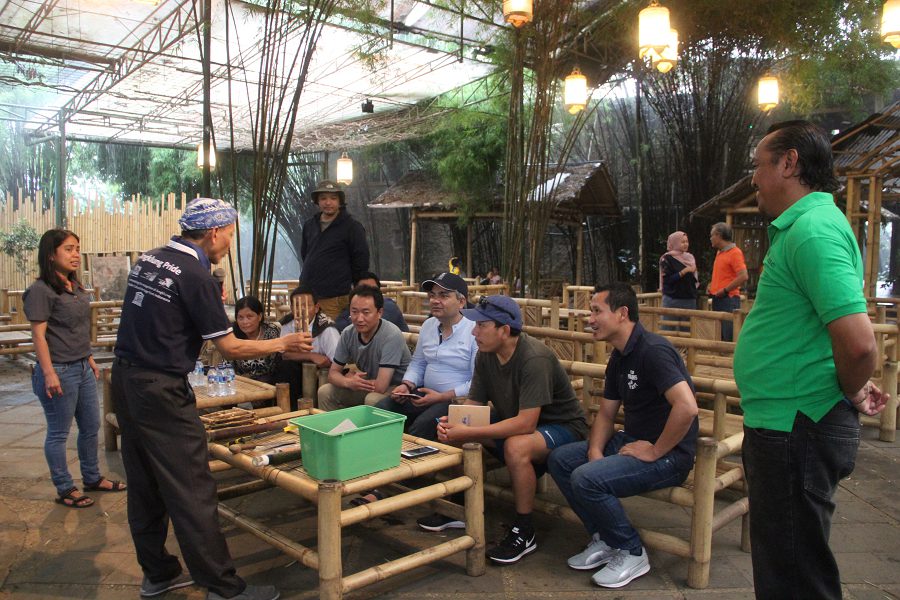CONSISTENT DEVELOPMENT EMBRACING THE COMMUNITY AND FINANCIAL INNOVATION

-
Date:
06 Dec 2018 -
Author:
KEHATI
On November 27–29, 2018, the Bhutan Trust Fund for Environmental Conservation spent three days visiting a number of KEHATI partners. The nine-person group was made up of officials from both government and non-governmental organizations, including the National Land Commission, the Ministry of Agriculture and Forestry, the Ministry of Home Affairs, and the Commission for Gross National Happiness.
This trip’s objective is to assess and research innovative financing for sustainable development that builds community resilience and climate change adaption.
Riki Frindos, the executive director of the KEHATI Foundation, expects that both the visitors and the Bhutanese delegation would gain something from this trip. Both sides presented their respective work programs to one another before traveling to the site of the KEHATI partner program. This was followed by a conversation and an opportunity for questions and answers.
The Sangga Buana Environmental Farmers Community (KTLH), which is situated in Pesanggrahan, South Jakarta, was the group’s first stop. Through the conservation work his group was doing, Sangga Buana Chaerudin’s caretaker, also known as “babeh Idin,” spoke to the group about entrepreneurship. Catfish farms, forest honey farms, and coffee plantations are just a few of the corporate entities that make up this entrepreneurial venture employing young people. The waste management program using the incinerator system, specifically waste management using a tube system that uses high temperatures as an alternative to urban garbage management that is environmentally benign, was also discussed by Babeh Idin.
The group continued their tour of Pandansari Village in Brebes, Central Java, on the second day. The group learned about ecotourism management on their second visit, where the independent and sustainable nature of the programs run by partners bore fruit. Visits from tourists and other village activities have been successful in generating 8 billion annually. In addition, a local women’s group exposed the group to the industry of producing natural coloured batik.
The group departed for Bandung to Saung Udjo on the third day. The delegation was welcomed at the saung by Sam Udjo, the son of Udjo Ngalagena, the organization’s founder. The group learned about the background of bamboo and experienced firsthand how angklung is made. The delegation was able to create a sustainable environmental program that the local community can take advantage of by observing how the nature conservation program blends in with the local culture.
Kuenzang Tshering, the monitoring and evaluation officer for the Bhutan Trust Fund for Environmental Conservation, said that after spending the last three days visiting KEHATI’s partners, he has learned a lot, particularly about how partners can continue their programs on their own even after receiving aid has stopped.
